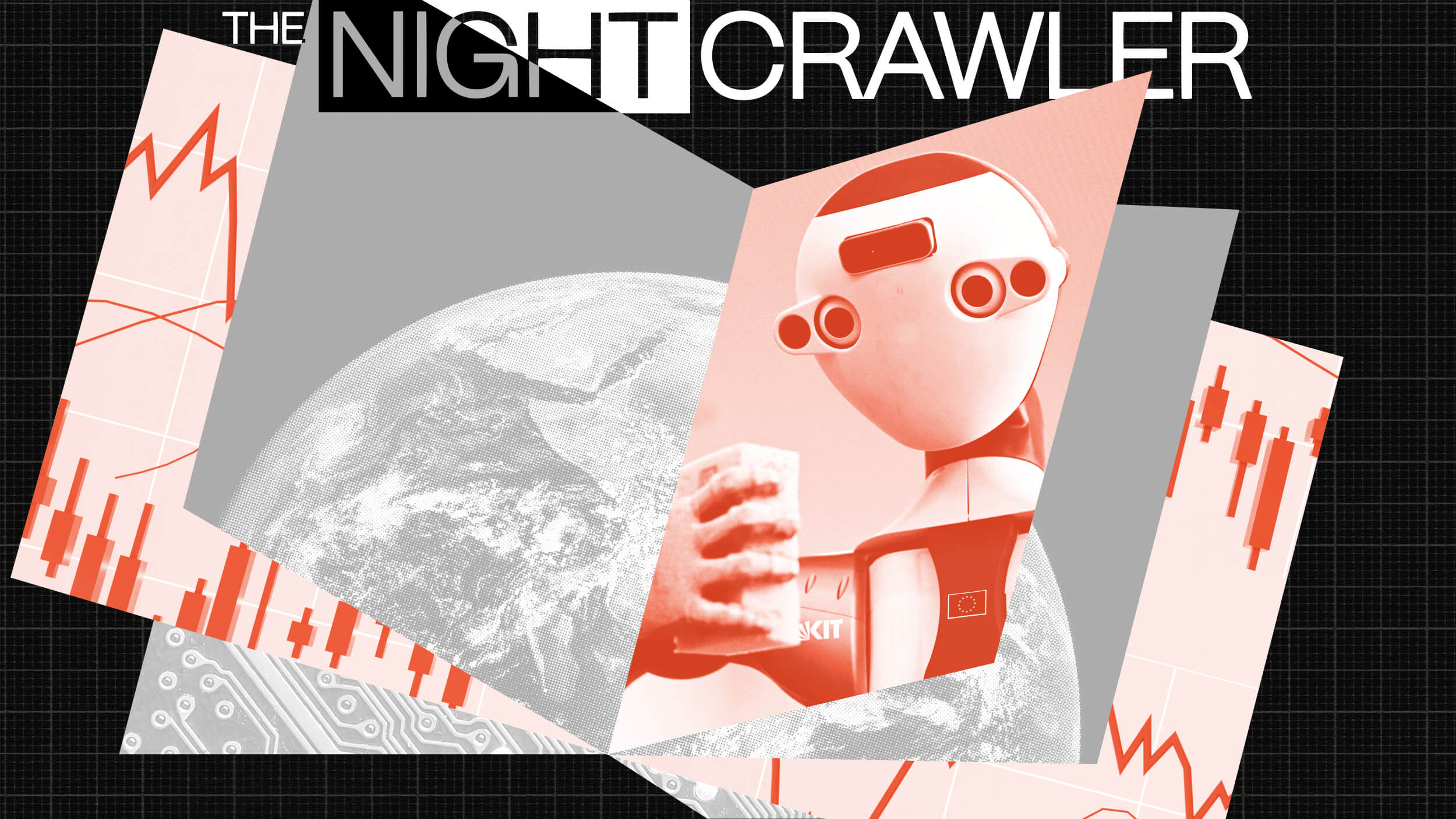- Main Story: Portfolio manager Adam Karr rose from humble beginnings to lead a $39 billion investment firm.
- His success is grounded in resilience, obsessive dedication, and “the art of game selection” — choosing battles that align with who you truly are.
- Also among this week’s stories: The human psychology behind AI’s rise, Rick Rubin, a synthetic brain, and a silent revolution.
Adam Karr’s journey from a single-mother upbringing in South Chicago to leading a $39 billion investment firm is an inspiring story of resilience, long-term investing, and a framework for success in life and business.
In conversation with Shane Parrish of The Knowledge Project, Adam speaks about understanding your “superpowers” — those things that come naturally to you but might challenge others — and using them to fight unfair fights where your strengths shine.
Ultimately, Adam’s story is an introspective look into the art of game selection — choosing battles that align with who you truly are. His advice: set up your life around what obsesses you. Like Kobe Bryant’s 4 a.m. workouts, the relentless dedication to a craft isn’t necessary glamorous, but it’s essential to win.
Key quote: “Try to think about your obsessions. You never want to compete with somebody who’s obsessed. Kobe Bryant. He would say, “What’s your 4:00 AM?” He’s at the gym at 4:00 AM shooting baskets. Are you at the gym at 4:00 AM? Because if you’re not, you’re competing against that guy who is. He took up tap dancing because he wanted to strengthen his ankles so he could be a better basketball player. Are you obsessed to that degree that you’re going to undertake those kinds of actions? If you consistently do that over time and that compounds, you set yourself up to play to your obsessions.”
The human psychology behind AI’s rise — and future
In her essay for Learning Curve, Rhea Purohit explores the unexpected driver behind ChatGPT’s viral success. Her conclusion: revolutionary technologies don’t always proliferate because of their specific technical advancements. Very often, it has more to do with human psychology.
Rhea makes the case that ChatGPT — which scaled to a mind-boggling 100 million users in two months — didn’t actually introduce groundbreaking capabilities. In fact, the underlying technology had existed since 2018. However, what ChatGPT did so masterfully was to create an accessible chat interface, which allowed people to engage with AI in a familiar and intuitive way. This was a shift in perception, not a leap in technology.
“AI models might get better with time, however, just like with ChatGPT and the Macintosh, the path from innovation to impact is not linear,” she writes. “The way we think plays a big role in whether or not we would actually use a product.”
Key quote: “Revolutions are sometimes grounded in shifts in perception. This is not a new idea — 12 years ago, advertising messiah of the Ogilvy Group, Rory Sutherland, echoed a similar world view. ‘The next revolution may not be technological at all, it could be psychological — a better understanding of what people value, how they behave, and how they choose could generate just as much economic value as the invention of a hovering car or some new form of electronics,’ he said. Hovering cars aren’t here just yet, but if you stop and think about the devices we use everyday, you’ll notice many are the result of a change in our thinking — not in our technology.”
A few more links I enjoyed:
Rick Rubin and David Whyte – via Tetragrammaton
Key quote: “You stop trying to make things happen and just feel privileged — everything becomes a bonus. I get to talk to Rick, and the only thing that can go wrong is that something goes wrong, and who cares if it does? This perspective has really changed my work too. I’ve started building things with a legacy in mind, for the seven or eight people who work with me. I’ve been letting go of my overbearing artistic control over how things should be… It’s a very powerful experience, but it still takes practice to settle into it, to fully embody it, and to convey it to others.”
How a Winning Bet on Crypto Could Transform Brain and Longevity Science – via Bloomberg
Key quote: “Fickel says part of his interest in the Enigma Project is its potential to create a digital representation of the brain, which could help train AI systems. Once someone has built a full understanding of the mechanics of the human brain, they could use that knowledge to make a synthetic brain in digital form and use the data tied to it, along with AI models, to gain a more complete picture of how our mind works and how our values are baked in at a fundamental level. With some luck, this might lead to a safer merger between humans and machines in the years ahead.”
Thinking the Unthinkable – via Tom Morgan
Key quote: “A silent revolution is unfolding that’s uniquely invisible to the intellectual elite. This means that those we’ve previously charged with explaining the world to us are suddenly the least able to understand it. It’s why every narrowly-focused think-piece either misses the bigger picture or offers empty diagnosis. This creeping dissonance is why our outdated political, economic and technological institutions are collapsing.”
Does All Semiconductor Manufacturing Depend on Spruce Pine Quartz? – via Construction Physics
Key quote: “Spruce Pine quartz is often discussed in apocalyptic terms. The implication is that if something happened to the mine, semiconductor manufacturing (and possibly the world economy) would grind to a halt while we scrambled to find a substitute. In his tweet above, [Ethan] Mollick says that “The modern economy rests on a single road in Spruce Pine, North Carolina.” In Material World, [Ed] Conway quotes an industry expert who says that sufficient damage to the mines ‘could end the world’s production of semiconductors and solar panels within six months.’ Is this true? Sort of.”
From the archives:
Self-Driving – Josh Tarasoff (2021)
Key quote: “So I found myself wanting to pursue long-termism as a way of being, and I found myself wanting to escape time pressure. The solution that arose is what I now call a self-driving portfolio: instead of having a finite time frame for my investments, I decided to have an infinite time frame. I approach each investment with a permanent attitude, hoping and expecting the company to shoulder the work of compounding itself, ideally allowing Greenlea Lane to own it forever. Of course, I know it will not always work out that way, but what is important is the approach going in. I call this approach self-driving because — though it might not be achievable in practice — the ideal is for the portfolio to take over all the work.”





